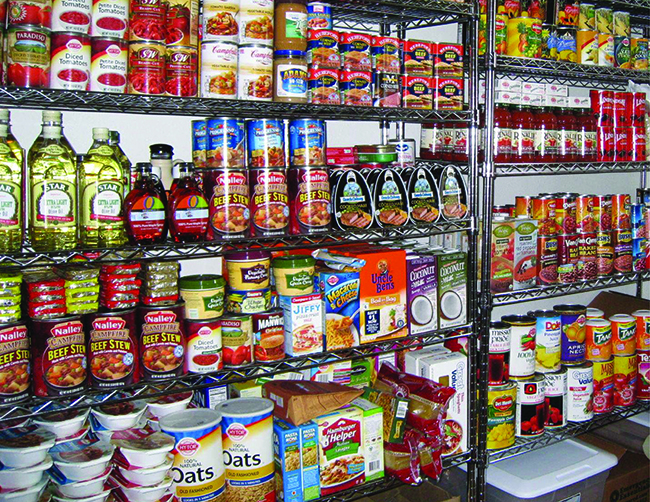
Scorching hot racism in America
November 13, 2017 / By Rhonda A. Chester, MDIV Chaplain, United Methodist Ecumenical Campus Ministry Hendricks Chapel, Syracuse University and Pastor, State Street UMC
Sometimes, the human mind is inclined toward seeing things in opposition to something else, for example: hot or cold, black or white, good or bad. So when I personally have an experience with a person who is racist, we are both experiencing the other in the way our mind is conditioned (i.e. in opposition). This experience can be both helpful (raising awareness of one’s tendencies) and harmful, sometimes all at once.
I was born in Guyana, South America. Guyana is referred to as the “land of six peoples.” Six distinct races of people co-exist in a land that thrives on integrated schools, integrated housing and integrated industry. Because racism is a human construct, it exists everywhere. However, the temperature of racism as I experience it in America for the most part feels scorching hot.
The first time I experienced racism in America was a pathetic and confusing experience—pathetic for the racist and confusing for me. I was working with a church in Indianapolis. This was a church where predominantly white people were members and the pastor was white. The church had a vibrant compassionate ministry where they worked closely with the poor and marginalized. As a young, recent bible college graduate who had just migrated to America, I was excited to immerse myself in missional and transformational ministry.
There I was, working in the inner city of a metropolis, all while having a new inter-cultural and cross-cultural experience. I was trying to understand the language being used (us vs. them, meaning white people versus non-white people) and the disparities that I saw in the way the ministry was being done. I asked the pastor for help in understanding why it was that non-white people seemed to be treated differently and looked upon negatively. I guess I was out of place to ask such a question as a non-white person and as a brand-new immigrant to America.
A part of the discourse between the pastor and me went like this:
Me: Why is it that the non-white people have to have people accompany them when they go into the food and clothing pantry, but the white people go in unaccompanied?... It may be helpful if we could create a program to empower the non-white people so that they can learn how to be self-sufficient.... Why are you looking at me as though you’re about to explode? (In the moment his face reminded me of a blinking red-hued Christmas light).
Him: You just got here and you don’t understand how things work, so you should be quiet and learn.
Me: Some of this is new and confusing to me. I want to learn—that’s why I am asking.
Him: Seems more like you are questioning my authority.
Me: Seems like you are insecure in your authority.
Him: I may be a bigot (the first time I had heard that word) and I do what I do. You and I may not be able to work together.
Me: You’re right.
His response was pathetic to my ears. That was the end of that experience for me and the beginning of what I have archived as one of many of my experiences of racism in America.